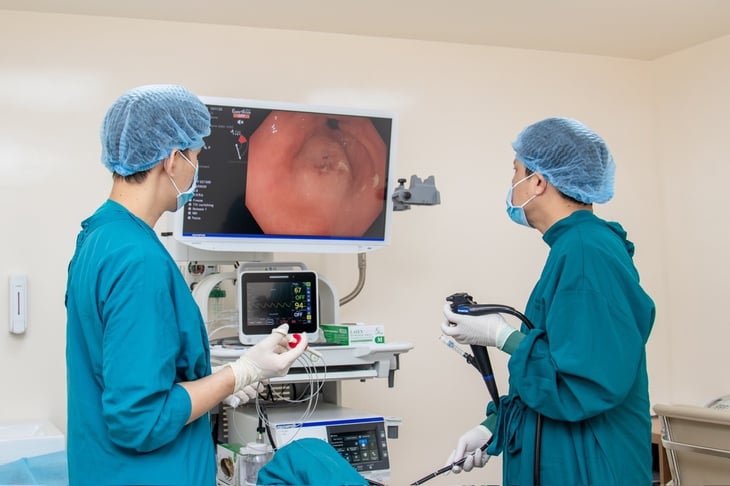
Doctors perform endoscopy in the diagnosis and treatment of gastrointestinal diseases at Hoan My Saigon Hospital - Photo: Provided by the hospital
According to statistics from the World Health Organization (WHO), stomach cancer and colorectal cancer are still among the top 5 most common cancers. In Vietnam alone, the number of new cases of these two diseases each year remains high and is increasingly younger.
At the scientific conference on remarkable advances in endoscopy for diagnosis and treatment of gastrointestinal diseases held on the afternoon of October 4 in Ho Chi Minh City, Dr. Nguyen Ngoc Thao - Deputy Director of Hoan My Saigon Hospital - said that in reality, most patients with gastrointestinal cancer (stomach, colon) come for examination when the disease is in the middle or late stage, and very few cases are detected early.
Explaining why the two types of stomach and colorectal cancer are increasing and getting younger, Dr. Thao said the causes leading to this situation come from many factors.
First of all, modern lifestyle and unhealthy diet are important causes: consuming a lot of fast food, processed food, red meat, salty, sour, grilled or smoked dishes.
In addition, the habit of abusing alcohol, smoking and lack of exercise also increases the risk of disease. In addition, genetic factors, family history of cancer, or chronic diseases such as stomach ulcers, colon polyps, etc. are also risks that cannot be ignored.
In a report on the application of artificial intelligence (AI) in gastrointestinal endoscopy in Vietnam, Dr. Ho Dang Quy Dung - Chairman of the Vietnam Digestive Endoscopy Association, Head of the Department of Digestive Endoscopy at Cho Ray Hospital - said that AI is creating new breakthroughs in many areas of gastrointestinal endoscopy.
Especially in colonoscopy, AI has the ability to support the detection and classification of polyps. The recorded results show that AI significantly improves the detection rate of polyps and adenomas, especially small polyps, while achieving high accuracy in classifying lesions.
According to Mr. Nguyen Ngoc Bao Long - Director of Hoan My Saigon Hospital, the development and application of modern endoscopic technologies have great practical value in the strategy of preventing, screening and treating this dangerous disease.
Thanks to that, thousands of patients have had their lesions detected at an early stage, safely intervened in the digestive tract, biliary tract, and pancreas, reduced hospital stay, and improved quality of life.
When should I screen for gastrointestinal cancer?
Doctor Nguyen Ngoc Thao emphasized that regular screening plays an important role in helping to detect precancerous lesions and intervene promptly, making treatment easier and more effective.
For the stomach, attention should be paid to people with risk factors such as: HP bacteria infection, chronic ulcers; diet high in salt, sour foods, grilled and smoked foods; or regular use of alcohol and tobacco.
For colon cancer, high-risk groups include people with familial polyps, chronic ulcerative colitis, or a diet high in red meat, protein, and low in fiber... so they should proactively go for early screening.
Regarding frequency, for stomach cancer, depending on risk factors, screening can be done every 2-3 years. Similarly, colon cancer can be screened every 2-3 years, if the risk is low, it can be done every 5-10 years.
Currently, the recommended age for stomach cancer screening usually starts at 40, and for colorectal cancer it starts at 45 years old.
Source: https://tuoitre.vn/bac-si-chi-ra-nhung-thoi-quen-hang-ngay-khien-benh-ung-thu-duong-tieu-hoa-tang-va-tre-hoa-20251004201452563.htm





![[Photo] Impressions of the Can Gio Whale Festival](https://vphoto.vietnam.vn/thumb/1200x675/vietnam/resource/IMAGE/2025/10/09/1759984089762_image12334-5642-jpg.webp)
![[Photo] Prime Minister Pham Minh Chinh chairs the Conference to deploy the National Target Program on Drug Prevention and Control until 2030](https://vphoto.vietnam.vn/thumb/1200x675/vietnam/resource/IMAGE/2025/10/09/1759990393779_dsc-0495-jpg.webp)



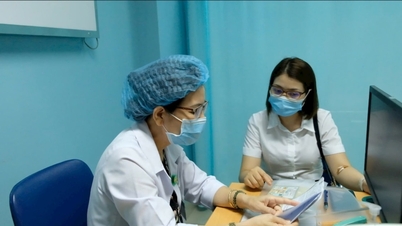


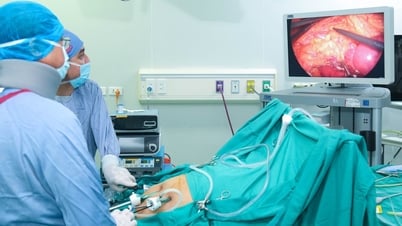




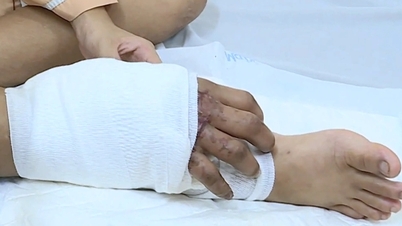








































































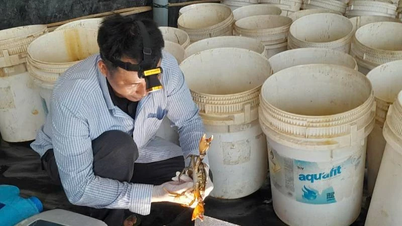





Comment (0)